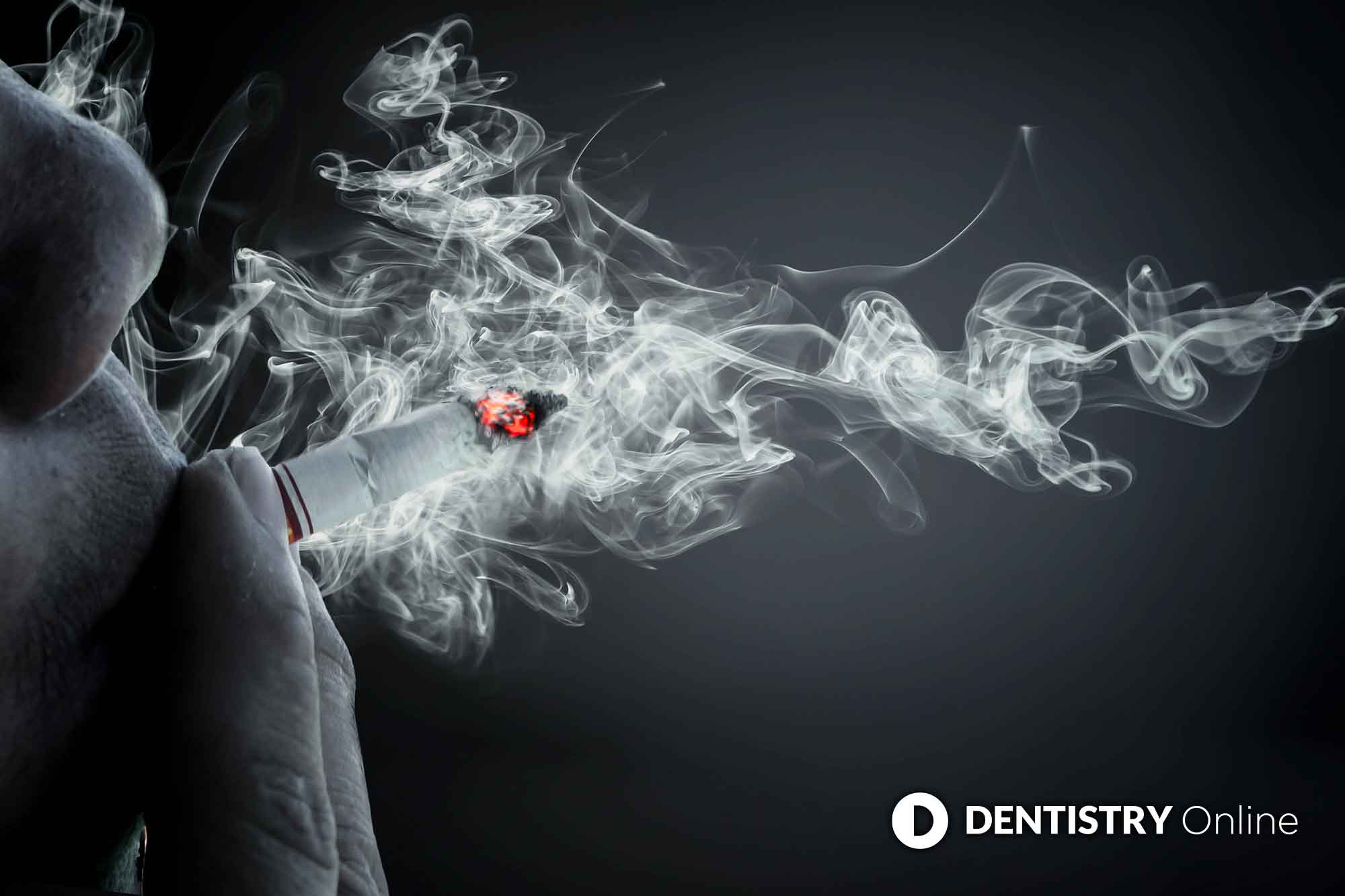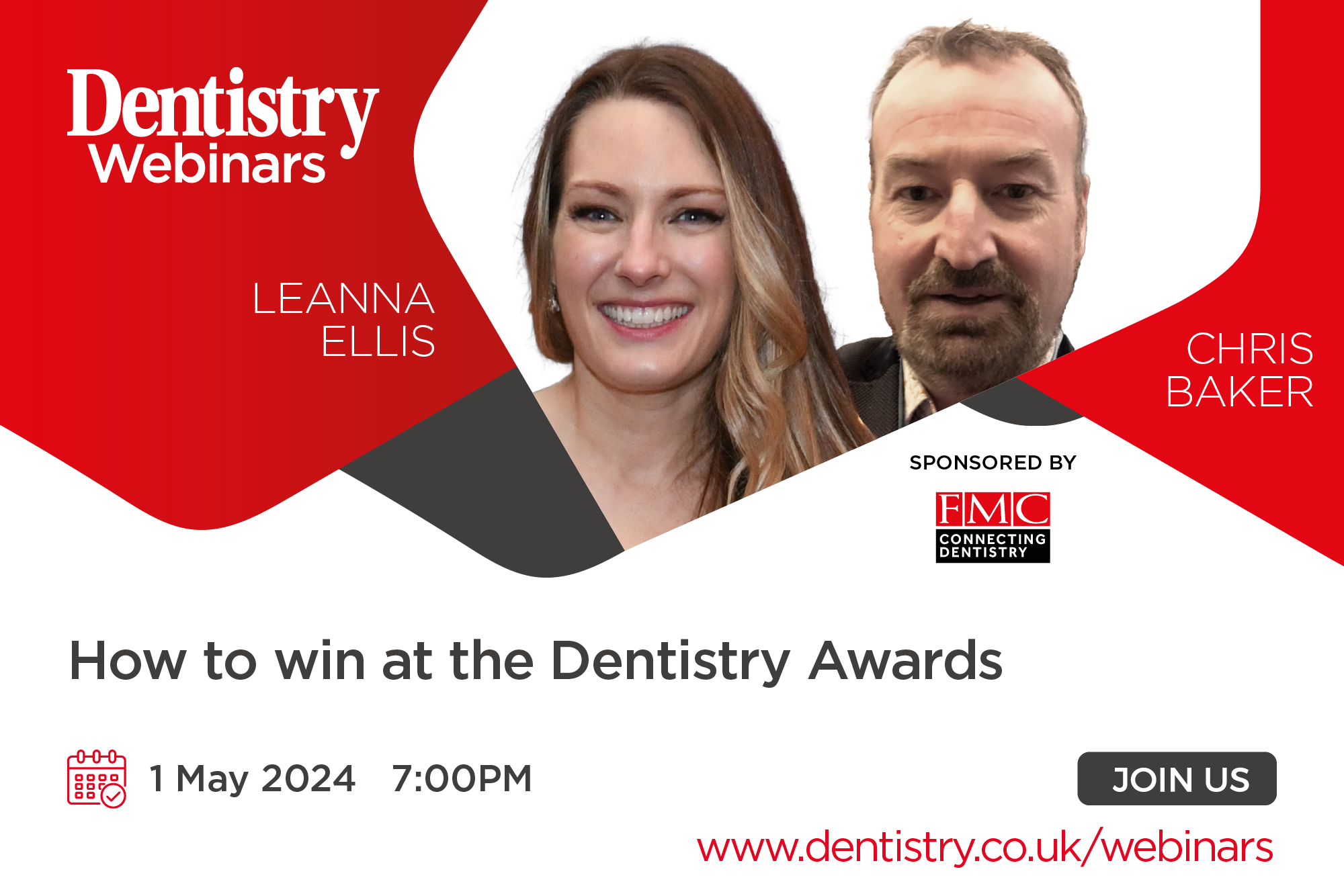 Andrew Osafo explains how prevention and early detection of mouth cancer can save lives.
Andrew Osafo explains how prevention and early detection of mouth cancer can save lives.
Many have found 2020 to be an extremely challenging year due to the COVID-19 pandemic. In spite of this, it is important that we do not forget about the other ‘big C’: cancer.
As dental professionals, we are in a prime position to raise awareness of mouth cancer and educate the public about this devastating condition.
But are we doing this?
Mouth cancer screening
Systematic and regular screenings save lives. We know that early detection of mouth cancer results in a 90% survival rate. This is compared to 50% in late detection of mouth cancer.
The Mouth Cancer Foundation recommends doing a thorough head and neck cancer screening on every patient over the age of 16 at least once a year.
Last year, Dr Ciro Gilvetti and myself wrote an article, published in the December edition of Dentistry and available online, explaining how to perform a comprehensive mouth cancer examination.
Adjunctive techniques assist healthcare professionals to detect oral mucosal abnormalities. I wrote an article on the adjunctive techniques available for mouth cancer screening, published in the April 2020 edition of Dentistry and available online.
For example, autofluorescence imaging highlights a noticeable change in tissue autofluorescence as a result of dysplasia and cancer (Figure 1).

It is important to remember that adjunctive techniques do not replace the oral cancer clinical examination. These tools do not provide a diagnosis. But rather complement and strengthen existing clinical protocols.
Mouth Cancer Action Month
To help raise awareness, Mouth Cancer Action Month takes place throughout November. This initiative is supported by the Oral Health Foundation and the Mouth Cancer Foundation.
The State of Mouth Cancer UK Report 2019/2020 revealed that 74% of British adults have never checked their mouth for signs of cancer. The report also showed that 16% of adults conduct a check once a month.
The campaign enables people to become ‘mouthaware’ and save lives through prevention and early detection. What have you got planned for this year’s Mouth Cancer Action Month?
Oral cancer self-examination is recommended by a number of organisations. The Mouth Cancer Foundation launched ‘Bite Back at Mouth Cancer’. This is a head and neck cancer check that anyone can carry out, at any time (Figure 2).

We should carry out the self-examination ideally once a month. If any unusual findings are discovered during the cancer self-examination, an individual should see a dentist or dental specialist for further investigation.
Improving survival rates
Mouth cancer is a serious and debilitating disease that can devastate – and prematurely end – lives. Our goal is to detect oral cancers before our patients present with symptoms.
Early detection and diagnosis of oral cancer dramatically improves survival rates. It also makes treatment and rehabilitation easier.
Taking part in Mouth Cancer Action Month is an excellent way to help raise awareness of this devastating condition. I therefore urge you to get involved.
To find out more about Mouth Cancer Action Month, visit either the Oral Health Foundation website or the Mouth Cancer Foundation website
This article first appeared in Dentistry magazine. You can read the latest issue here.



